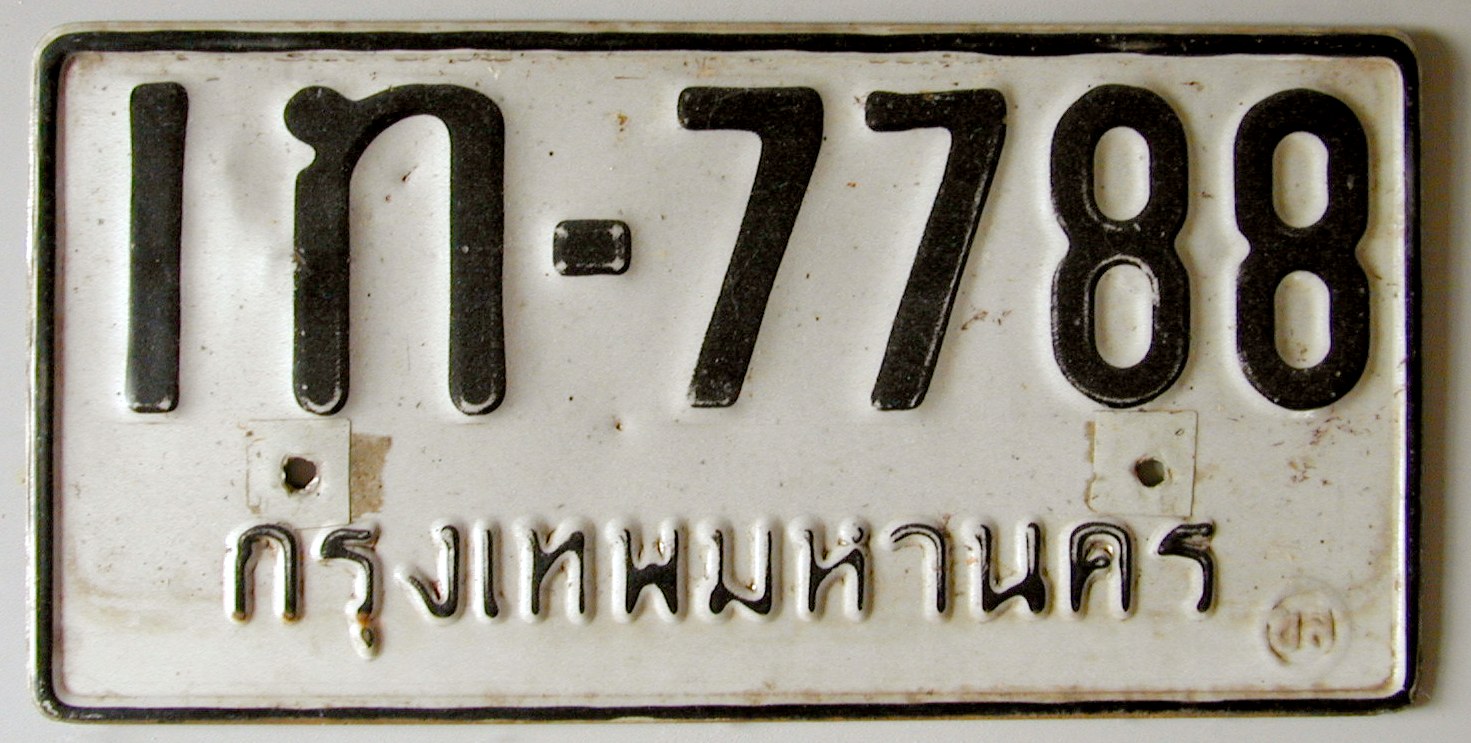Eight Ways Create Better Thailand Rehab Centre With The Help Of Your D…
페이지 정보
작성자 Cornell 작성일 24-01-24 14:25 조회 18 댓글 0본문
 Introduction:
Introduction:Alcohol withdrawal is a condition that occurs when individuals suddenly stop or notably decrease their particular alcohol intake after extended durations of heavy drinking. It really is a complex and potentially deadly condition that impacts huge numbers of people globally. This report aims to offer a comprehensive breakdown of alcoholic beverages detachment, including its signs, treatment plans, and management techniques.
Apparent symptoms of Alcohol Withdrawal:
The onset and severity of alcohol withdrawal signs differ among people, depending on aspects including the amount and period of drinking and your all around health. Common observable symptoms include tremors, anxiety, irritability, nausea, vomiting, insomnia, increased heartbeat, and sweating. In serious instances, individuals may experience hallucinations, seizures, or delirium tremens (DTs), a potentially fatal condition described as agitation, confusion, hallucinations, and fluctuating amounts of consciousness.
Treatment Options:
Whenever dealing with alcoholic beverages withdrawal, it is vital to look for medical assistance and assistance. The principal goal of treatment is to properly manage withdrawal symptoms, prevent complications, and facilitate the transition to sobriety. Doctors can assess the seriousness of signs and determine the correct standard of care. In mild instances, outpatient treatment can be administered, while worse instances may require hospitalization.
 Medicines widely used in alcoholic beverages detachment treatment include benzodiazepines, that really help decrease anxiety, relieve signs, and stop seizures. Various other medicines particularly antipsychotics, anticonvulsants, and beta-blockers can be employed to handle specific symptoms or co-occurring circumstances. Also, nutritional vitamins, specifically thiamine (vitamin B1), tend to be prescribed to avoid or treat potential deficiencies connected with extortionate drinking.
Medicines widely used in alcoholic beverages detachment treatment include benzodiazepines, that really help decrease anxiety, relieve signs, and stop seizures. Various other medicines particularly antipsychotics, anticonvulsants, and beta-blockers can be employed to handle specific symptoms or co-occurring circumstances. Also, nutritional vitamins, specifically thiamine (vitamin B1), tend to be prescribed to avoid or treat potential deficiencies connected with extortionate drinking.Management Strategies:
In addition to medical treatments, various techniques can be employed to manage alcohol detachment successfully.
1. Supportive Care: Providing a supporting environment promotes a sense of protection and convenience. Including making sure appropriate nutrition, moisture, and rest, in addition to keeping track of important signs and handling any health complications which will happen during detachment.
2. Psychotherapy: looking for mental health assistance, like counseling or psychotherapy, can play a vital role in handling underlying mental or psychological problems that donate to liquor dependency. These interventions assist individuals develop dealing techniques, manage causes, and establish healthy choices to alcohol.
 3. Rehabilitation products: participating in Thailand Rehab Centre programs, eg inpatient or outpatient centers, provides a structured and supporting environment for people pursuing lasting data recovery. These programs often combine medical treatments, guidance, and peer help to handle the physical, mental, and personal components of alcohol addiction.
3. Rehabilitation products: participating in Thailand Rehab Centre programs, eg inpatient or outpatient centers, provides a structured and supporting environment for people pursuing lasting data recovery. These programs often combine medical treatments, guidance, and peer help to handle the physical, mental, and personal components of alcohol addiction.4. Follow-up Care: After doing initial detox and treatment, people should continue to seek continuous attention. This could involve playing organizations, attending regular treatment sessions, and receiving follow-up evaluations to ensure correct real and psychological state.
Conclusion:
Alcohol detachment is a challenging condition that requires medical assistance and extensive assistance. Understanding the symptoms, treatment options, and management methods can greatly facilitate assisting individuals properly navigate the detachment procedure and achieve long-lasting data recovery. By giving appropriate attention and sources, we could improve effects for everyone wanting to conquer alcohol addiction.
- 이전글 7 Extremely Useful Thailand Rehab Tips For Small Companies
- 다음글 The Ultimate Strategy For Chiang Mai Rehab
댓글목록 0
등록된 댓글이 없습니다.